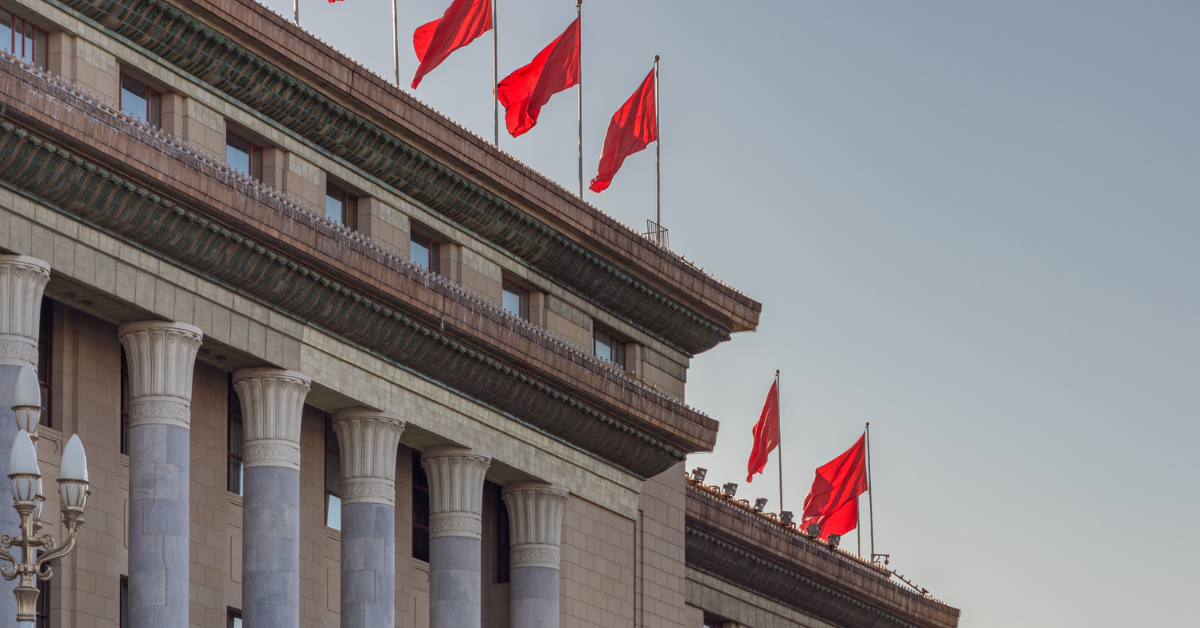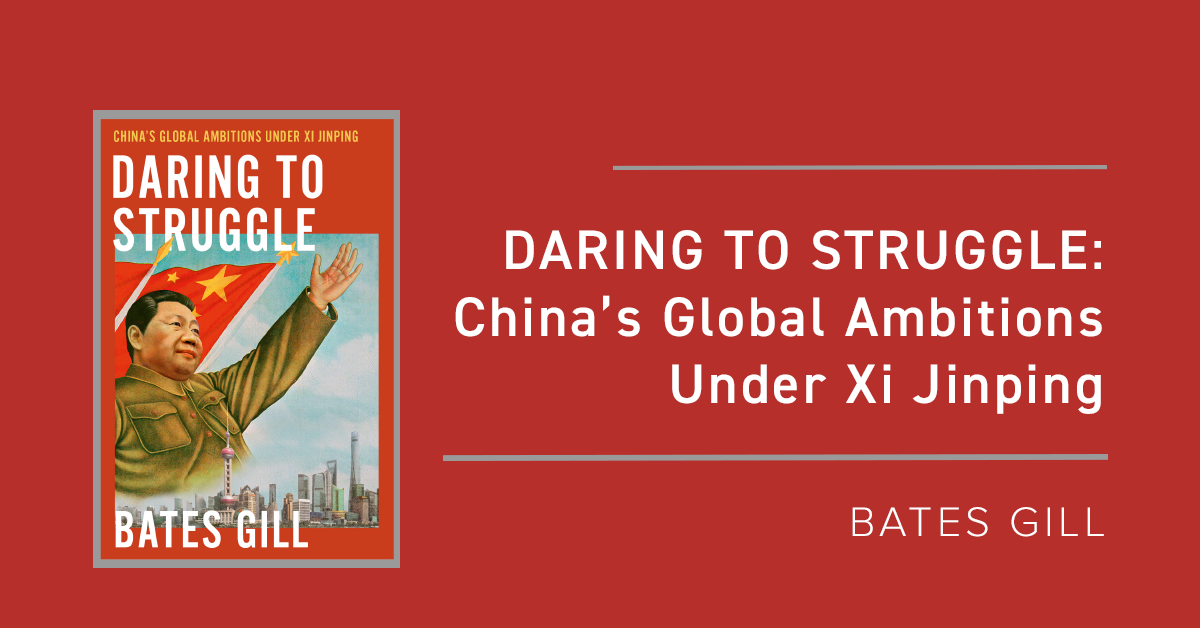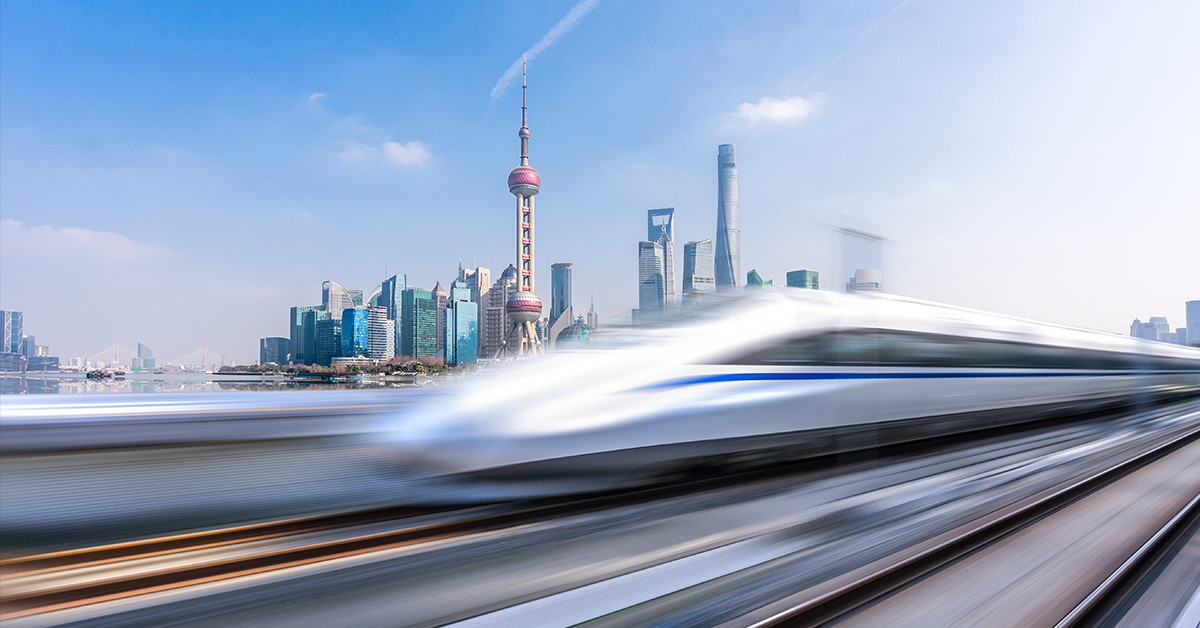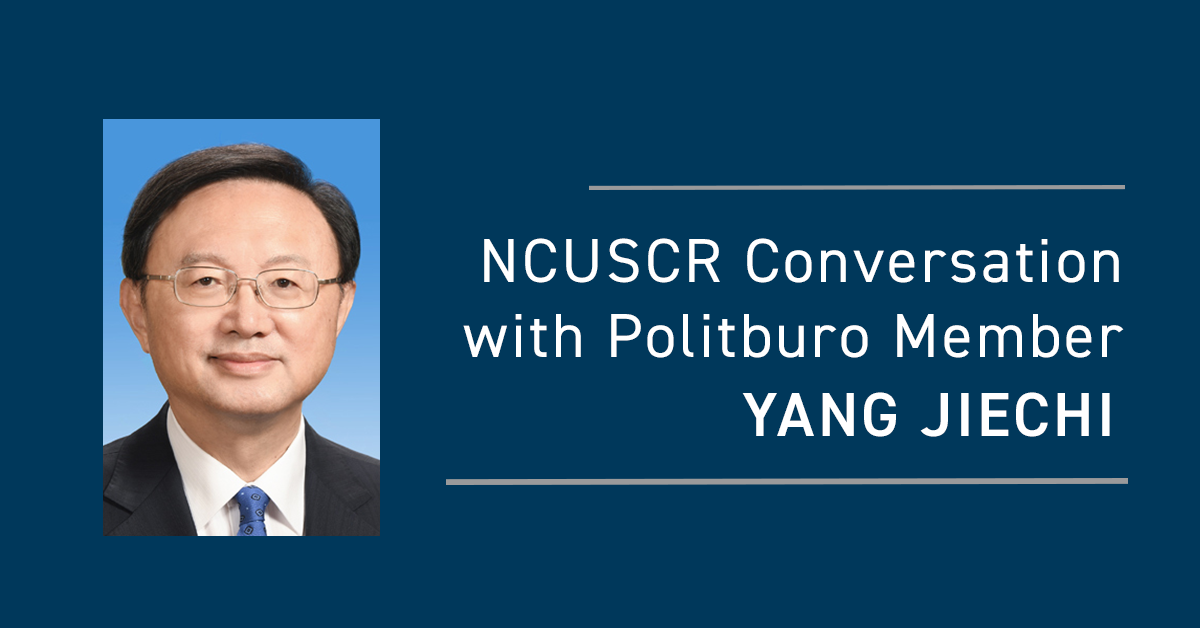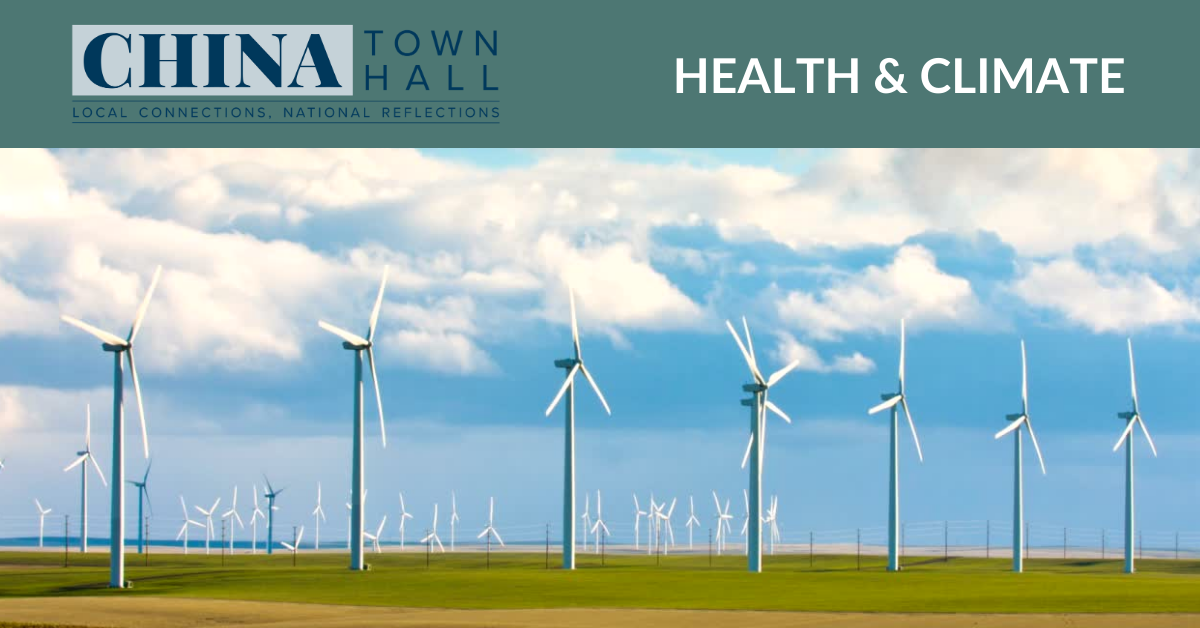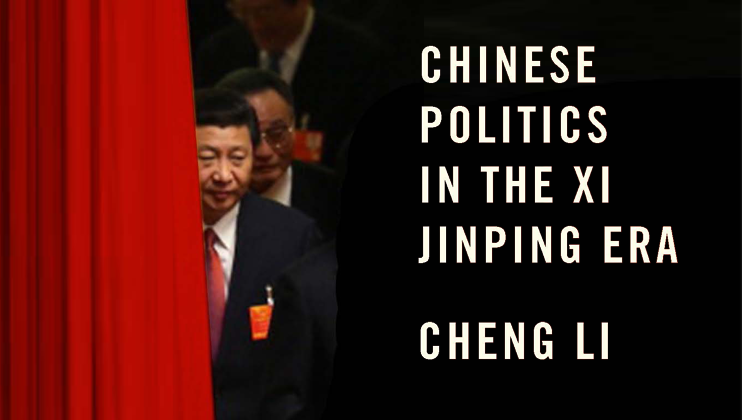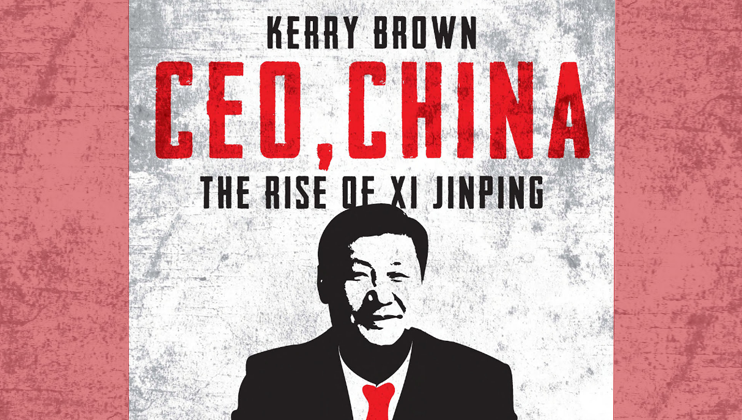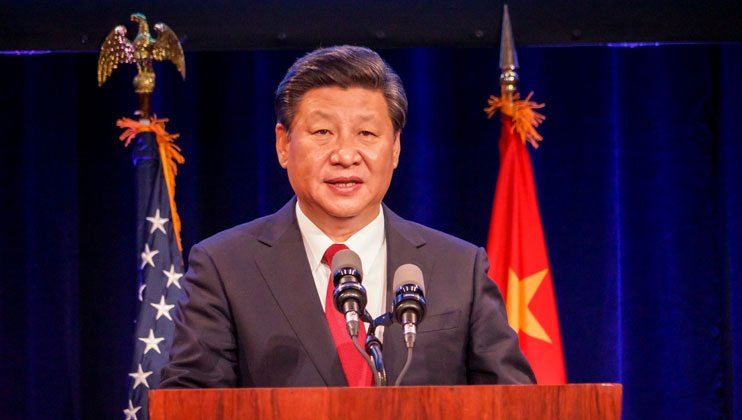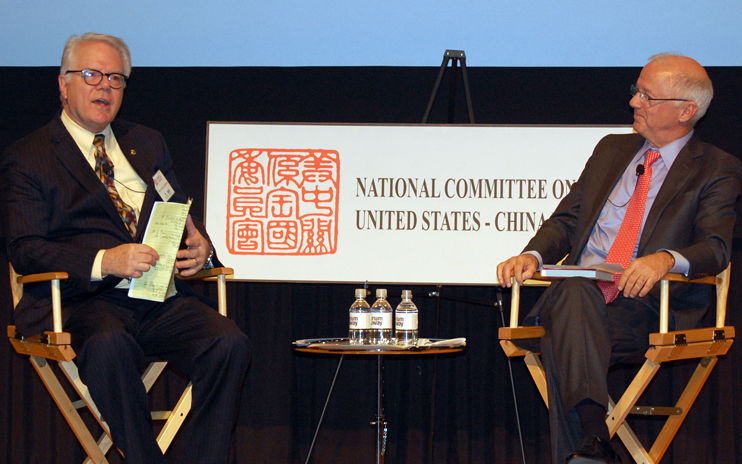Bates Gill explores the motivations propelling China dynamic, assertive, and daring approach to the world.
Paul Clifford discusses whether slowing reform and increasing autocracy threaten China's development and stability.
By examining the personalities and experiences of China's primary top leaders since 1949, David Shambaugh explores contemporary Chinese history.
In his first speech to an American audience since the Biden administration took office, Politburo Member Yang Jiechi speaks on the state of U.S.-China relations and prospects for the future.
As the United States and China face an increasing array of global issues, cooperation and coordination between the world's two great powers will be essential. Margaret Hamburg, Ryan Hass, and Angel Hsu examine this dynamic from the perspectives of climate change and global health, as both countries address the challenges and opportunities of the 21st century.
Dr. Kerry Brown discusses Chinese leaders and the role of biography in understanding history and current events.
Chinese President Xi Jinping delivers the only public policy speech of his U.S. visit during a dinner co-hosted by the National Committee.
A year has passed since China installed a new president, Xi Jinping; he has moved forcefully in several areas but many challenges remain. How will the country move forward as its double-digit rate of economic growth slows? How does it plan to deal with international calls for political reform and cope with an aging and increasingly polarized population? How do China's leaders see the nation's future, including its strategic role in the region and beyond?
